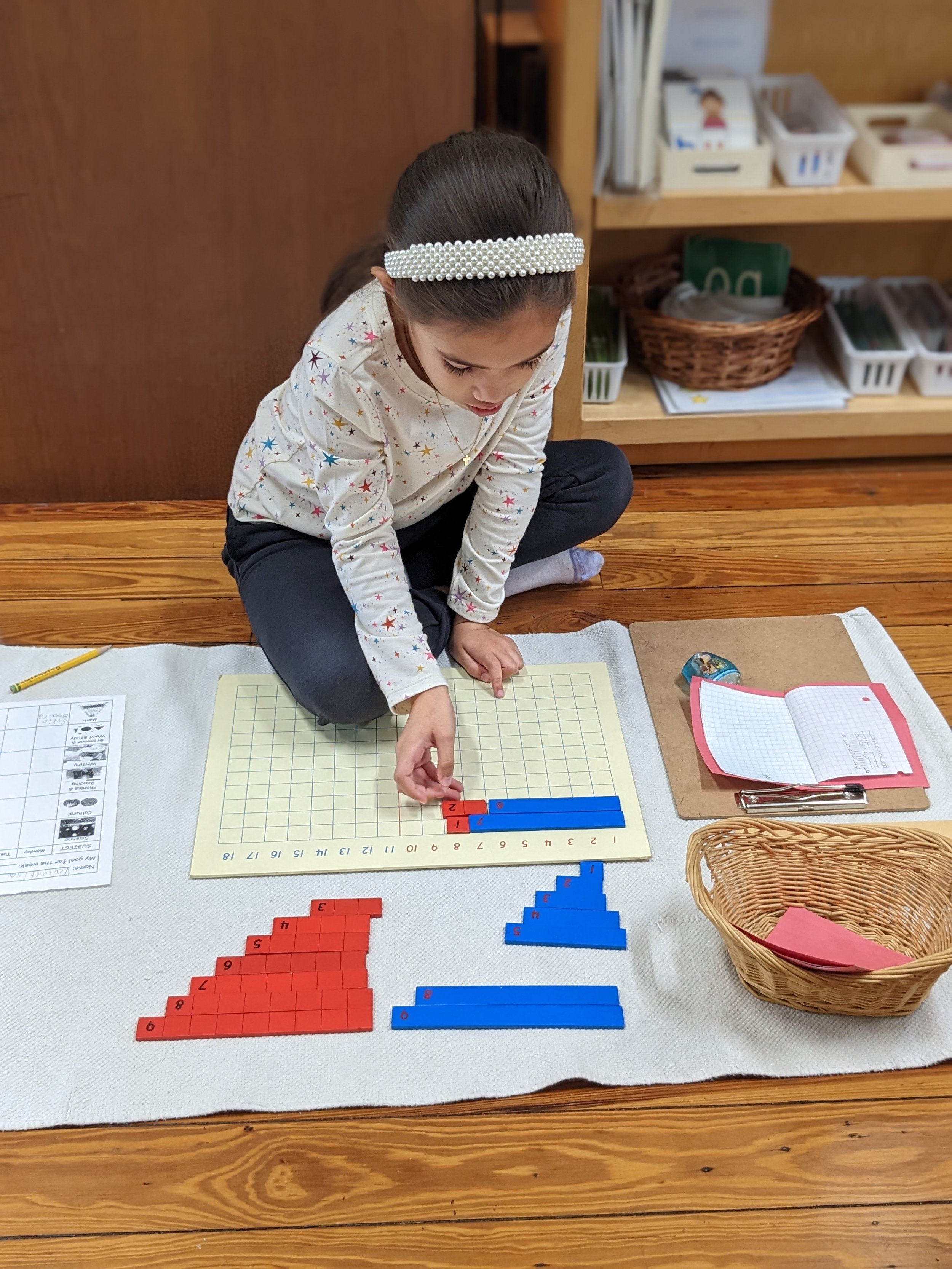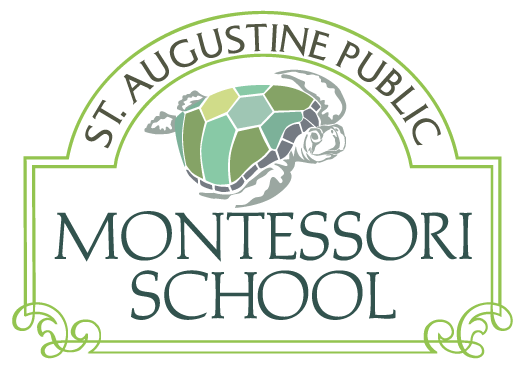Elementary



Our elementary programs cultivate student imagination, reasoning skills, social development and great intellect by providing individualized and small group lessons and projects. Beyond building the child’s skills in reading, mathematics and writing, Elementary lessons help students discover the interconnectedness of knowledge and life on earth.
At this developmental stage, children begin to think abstractly and require variety in activity, rather than repetition. They are imaginative, creative and possess the knowledge to question and reason.
The 5 Great Lessons provide a framework for the elementary curriculum and are designed to show the development of the universe and the world, the coming of life on earth, the coming of human beings, the development of the alphabet, and the development of the decimal system. Curriculum focuses on language, mathematics, geometry, biology, geography, earth and physical sciences, history, music, foreign language and art.
Students continue to operate within a framework of “freedom within limits.” They are free to choose their work, accepting the responsibility to use their time well, focused on challenging, purposeful work that supports the lessons. Elementary students naturally gravitate to group work during this critical time for social development when they are exploring concepts of fairness, justice and human relationships. Talking and working in groups is encouraged, as long as the children are productive. Learning how to live with one another in a respectful, joyful and harmonious way is an underlying lesson of the Elementary classrooms, and guides encourage students to resolve disputes using independently applied conflict resolution skills.
“When the child begins to think and to make use of the written language to express his rudimentary thinking, he is ready for elementary work; and this fitness is a question not of age or other incidental circumstances but of mental maturity.”
Dr. Maria Montessori

